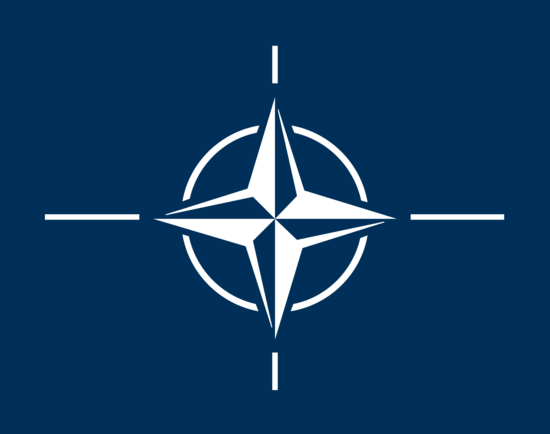NATO seeks to curb Turkish resistance over new chief
 Strasbourg, France - NATO leaders Friday piled pressure on Turkey to drop its resistance to the appointment of Danish Prime Minister Anders Fogh Rasmussen as the alliance's next chief.
Strasbourg, France - NATO leaders Friday piled pressure on Turkey to drop its resistance to the appointment of Danish Prime Minister Anders Fogh Rasmussen as the alliance's next chief.
Discussions on the post of NATO secretary general are conducted by the alliance's heads of state and government behind closed doors, so information on the process is scarce.
But as NATO leaders gathered in France and Germany for a summit, it was clear that the 56-year-old Rasmussen was the only official candidate, having announced his intention to run for the job during a cabinet meeting prior to his departure from Copenhagen.
It was also common knowledge that his primary opposition was from Turkey.
Turkey is the only NATO member state to have announced its displeasure at his appointment, with Prime Minister Recep Tayyip Erdogan citing opposition in the Muslim world over Rasmussen's refusal to take action against the 2005 publication in Danish media of cartoons deemed offensive towards the Prophet Mohammed.
Speaking in London on Friday, Erdogan also complained about Denmark's hosting of Roj TV, a satellite broadcaster with close ties to the separatist Kurdish Workers' Party (PKK).
"The media arm of the terror organization in my country is broadcasting from Denmark. I've asked Mr. Rasmussen do stop this but he either couldn't or wouldn't do it," Erdogan told a forum in London that was broadcast on Turkish television.
Hours before NATO leaders were due to discuss the matter over dinner in the German city of Baden-Baden, it was still unclear if Turkey would veto Rasmussen or if it was merely trying to drive up the price for its assent.
Complicating matters further, Turkish President Abdullah Gul seems far more open to a possible Rasmussen appointment, saying recently in Brussels that he had no problems with his candidacy.
He also suggested that a decision could be postponed because the mandate of the current NATO secretary general, Jaap de Hoop Scheffer, does not expire until the end of July.
A delay, however, would be disastrous for Rasmussen, since everybody in Denmark now expected him to step down and be replaced by his finance minister, Lars Lokke Rasmussen, as early as next week.
"What a relief," Danish daily Politiken quoted Danish People's Party Leader Pia Kjaersgaard as saying after Rasmussen had ended months of speculation by officially throwing his hat into the ring.
"We have been without leadership in this country for too long. Everything has been paralysed, so we have been waiting for clarification," said Kjaersgaard, whose party supports Rasmussen's centre-right coalition government.
The Danish premier enjoys the key backing of the United States, France, Germany, Britain and Italy in his quest to head the alliance.
And NATO diplomats said Friday that US President Barack Obama had made it clear to Turkey's leaders that he favours the Dane for the job.
The main task of the NATO secretary general is to broker discussions within the 28-member alliance and represent the organization around the world.
Analysts say two of today's main rifts within the alliance involve its prickly relationship with Russia and its struggling operations in Afghanistan.
Rasmussen is regarded as a skillful diplomat, a key quality for the NATO job. This is one of the reasons why another potential candidate, Radek Sikorski, has enjoyed far less backing - Poland's foreign minister is viewed as being far too antagonistic towards Russia.
The Danish premier has also been an enthusiastic supporter of NATO and US operations in Afghanistan.
Denmark is currently providing about 800 soldiers to the International Security Assistance Force (ISAF) in Afghanistan. Perhaps more importantly, Danish soldiers have not been afraid to confront the Taliban insurgency in the country's restive south.
Experts note that Turkey is a key NATO ally and one of its biggest contributors in terms of troops. Its strategic location, and the fact that it is a Muslim nation, gives it a powerful voice within the alliance.
Whether NATO leaders were willing to risk antagonizing its president, and the rest of the Muslim world, was one of the biggest questions regarding Rasmussen's appointment. (dpa)